- Health issues caused by Caffeine
- Interactions with other drugs
- Can caffeine be lethal?
Thinking of catching your last-minute flight, finishing your pending tasks, or preparing for a hard exam, you need a cup of coffee by your side to rescue you. Every one of us has been addicted to a caffeinated drink or any other product for boosting their mood or increasing alertness. The hype that the fancy cafes get, just to grab a cup of espresso, can also be understood here, as it makes one feel energized and happy.
According to an expert panel by Healthy Eating Research (HER), this beverage is not consumable for following a healthy diet by either adults or children. The Food and Drug Administration (FDA) has also advised to intake no more than 400 milligrams per day of caffeine, which is equivalent to four or five cups of coffee. Although if taken in moderate amounts, caffeine can be quite helpful for a person’s daily life; however, exceeding the limits might trigger headaches and anxiety, along with other side effects. So does it hint at caffeine being harmful if taken in overdose? Yes, now it’s time to reconsider your daily dose of caffeine!
This blog post will highlight how it can affect your normal physiology and hinder your well-being.
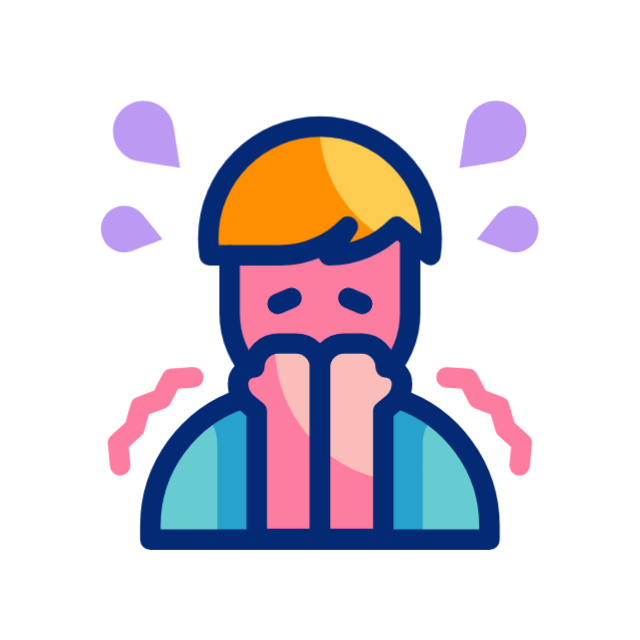
Anxiety
Caffeine works normally by blocking adenosine, which is responsible for overcoming fatigue, and stimulating the release of adrenaline, which boosts your energy levels. However, signs of restlessness and jitteriness are shown when a person consumes about 1000 mg of caffeine. Individuals who are sensitive to caffeine may exhibit such symptoms even at lower levels of intake, like rapid breathing and elevated stress levels.
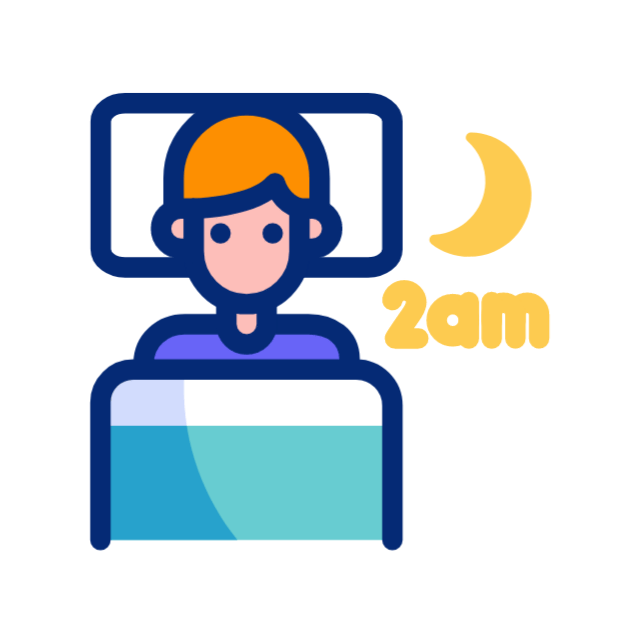
Insomnia
It’s not strange to know that caffeine is associated with keeping one awake for a prolonged time. A person must avoid caffeine before sleeping, as its stimulant effect disturbs healthy night sleep and makes it harder to fall asleep. It reaches peak concentration level within thirty minutes to one hour. However, consuming a caffeinated product at least six hours before bedtime will not affect your sleep. Although a regular consumer of caffeine may not experience such restlessness due to insomnia because of the developed tolerance level for it.
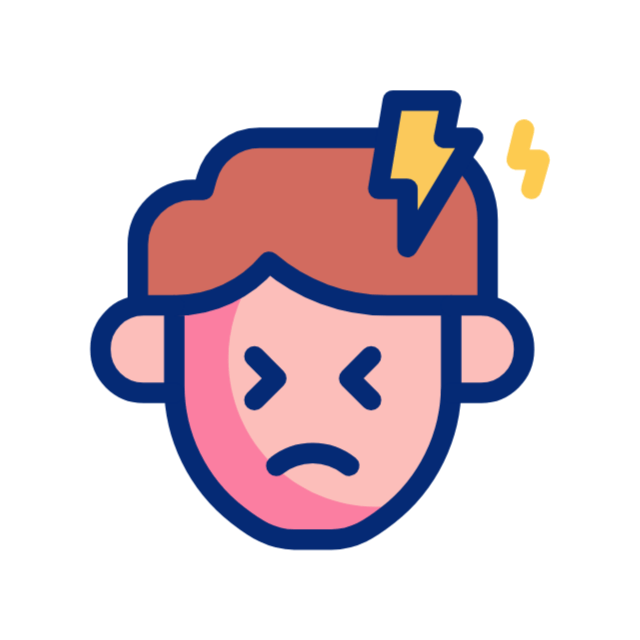
Frequent Headaches
The stimulant activity of Caffeine is known to have its action on the Central Nervous System (CNS), where normally you might be taking it as an additional ingredient in any painkiller medicine, such as Excedrin. Its vasoconstrictive feature narrows the blood vessels and reduces headaches. This might also explain why people drink coffee to cure any type of headache. It is also known to enhance the effects of painkiller medications such as ibuprofen and acetaminophen. However, an overdose of caffeine might itself be a reason that you experience frequent headaches. Caffeine causes dehydration due to the effect of increased urination, which can be another reason for a headache. The rebound effect of caffeine can excessively bring more headaches, i.e., when you’re trying to withdraw from it. You’ll experience some other symptoms like fatigue, irritability, insomnia, and difficulty in concentration, alongside the headache.
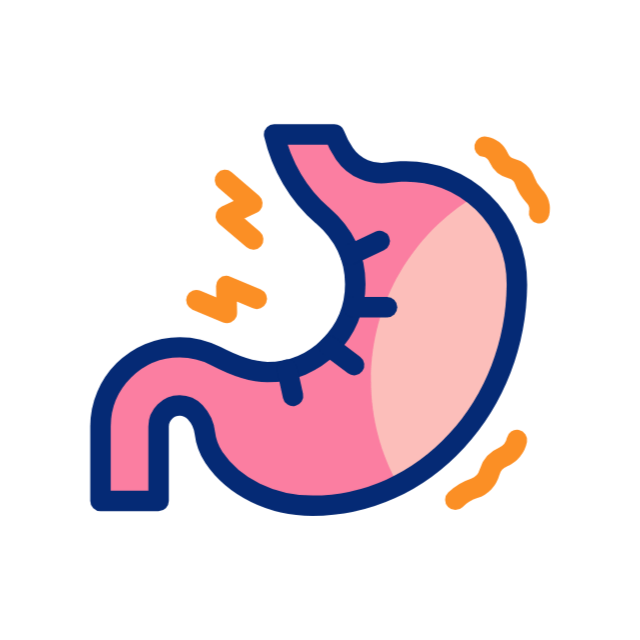
Stomach Issues
Caffeine promotes the secretion of the gastrin hormone, which stimulates gastric activity and enhances bowel movement. However, if consumed in extra amounts, it may cause loose stools or diarrhea due to the laxative effect.
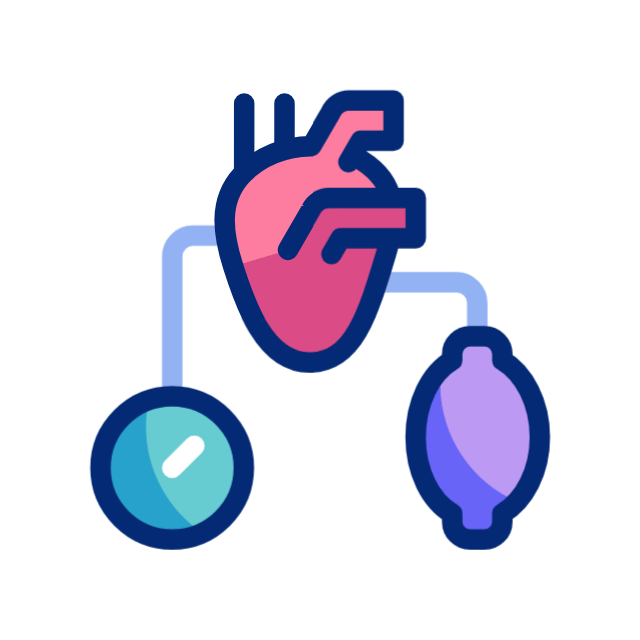
High Blood Pressure
Although this effect is particular for people who aren’t regular consumers of caffeine, patients who are already at risk of getting a stroke or heart disease must avoid the overconsumption of caffeine. Heart patients must avoid coffee intake, as the stimulatory action on the nervous system may result in increased blood pressure, even though it’s just temporary.
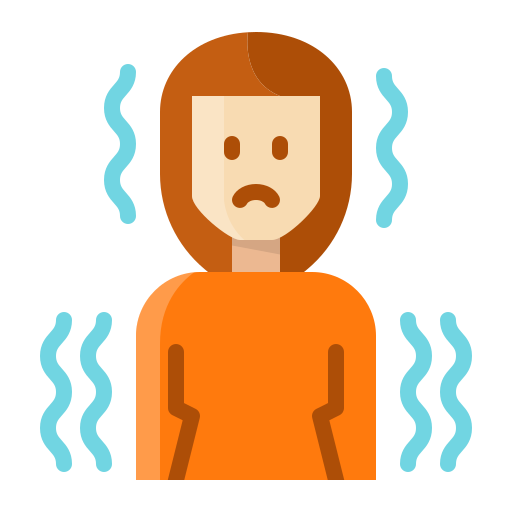
Interactions with other medicines
| 1 | Since Ephedrine is also a stimulant, taking it with any form of caffeine might increase the risk of heart problems and asthma. Ephedrine is known to treat hypotension and allergic asthma, which, if combined with caffeine, may result in potential harmful effects like increased heart rate, high blood pressure. |
| 2 | It hinders the pharmacologic effect of blood thinners like adenosine and dipyridamole, which are indicated for cardiac stress tests. Patients are therefore advised to stop coffee or caffeinated consumption 24 hrs before opting for this diagnostic test. |
| 3 | Anti-seizure medications like valproate, ethosuximide, phenobarbital, and carbamazepine are known to have lesser efficacy when taken with caffeine. It’s said to result in increased seizures. |
| 4 | Caffeine interacts with anti-platelet medicines by increasing the risk of bleeding, as it inhibits anti-coagulants and increases its plasma levels. So patients are recommended not to take caffeine with such medications to avoid the dangers of getting bruised. |
| 5 | Some drugs like Antibiotics (Ciprofloxacin, Levofloxacin, Moxifloxacin ), Cimetidine, Disulfiram, Estrogen pills, Antidepressants like Fluvoxamine, and Verapamil are reported to increase caffeine’s side effects. |
Can caffeine be lethal, too?
It has long been discovered that caffeine in powder or tablet form can cause such levels of toxicity that can be accounted for as being lethal, although our body will warn someone way before it by showing adverse effects like nausea, vomiting, and arrhythmia. However, caffeine overdose can rarely be incidental; it would take great efforts or caffeine consumption in raw form to reach the lethal dose of 10 g for a fatality to occur.
Caffeine is usually taken to counteract fatigue or increase alertness; however, when taken in more than usual doses, it begins showing side effects like irritability, nausea, and vomiting. And when the severity increases, events like abdominal pain, seizures, increased blood acids, arrhythmia, tachycardia, myocardial ischemia, and eventually death occur. The overdose can also lead to other conditions such as hypokalemia, hypocalcemia, hyponatremia, and hypoglycemia.
It’s seen that lethal doses generally affect psychiatric patients, athletes, or infants. As little as 15 mg/L to 80-100 mg/L can be serious, and the result of the drug differs according to different physiological systems.
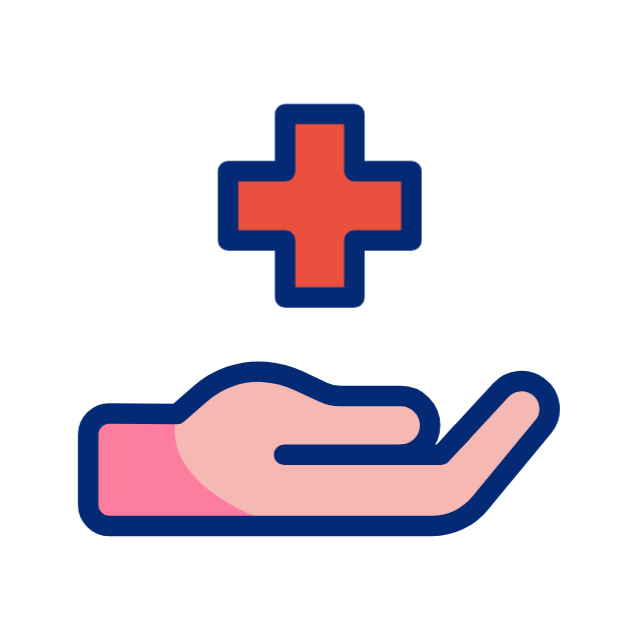
Leave a Reply